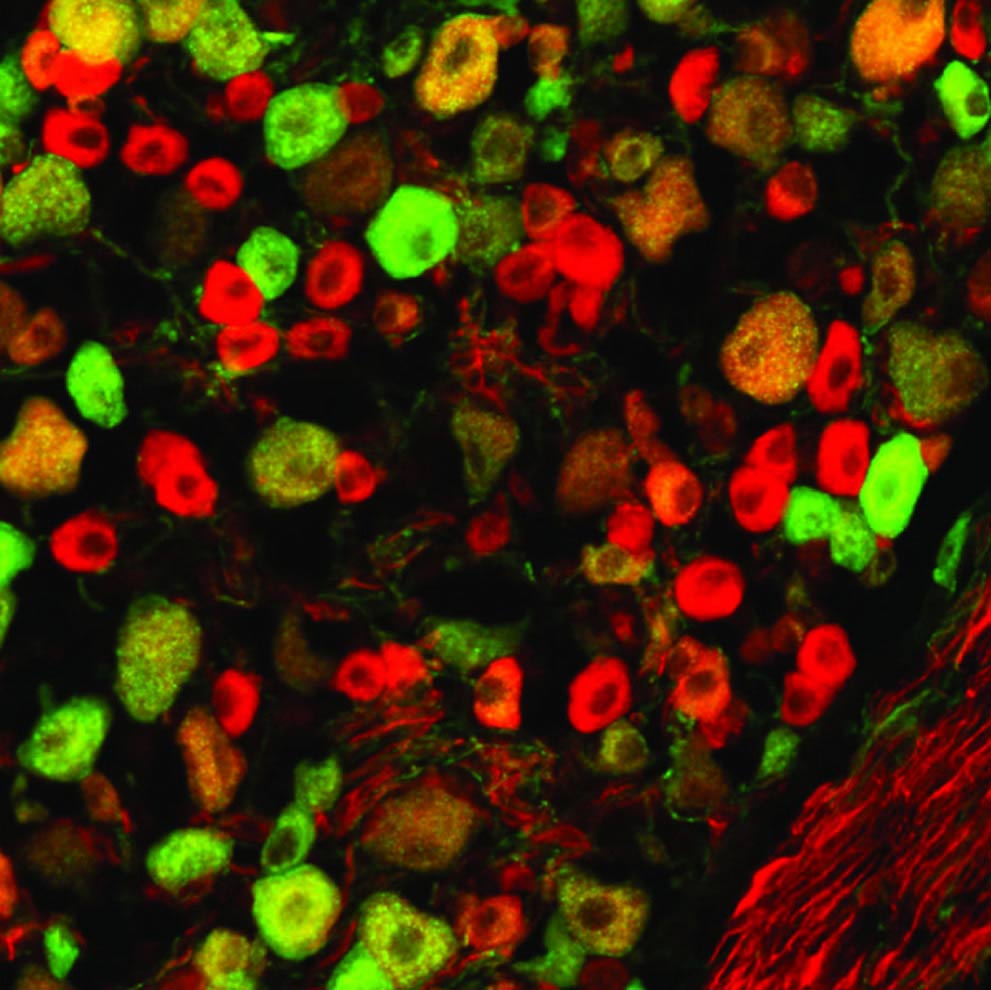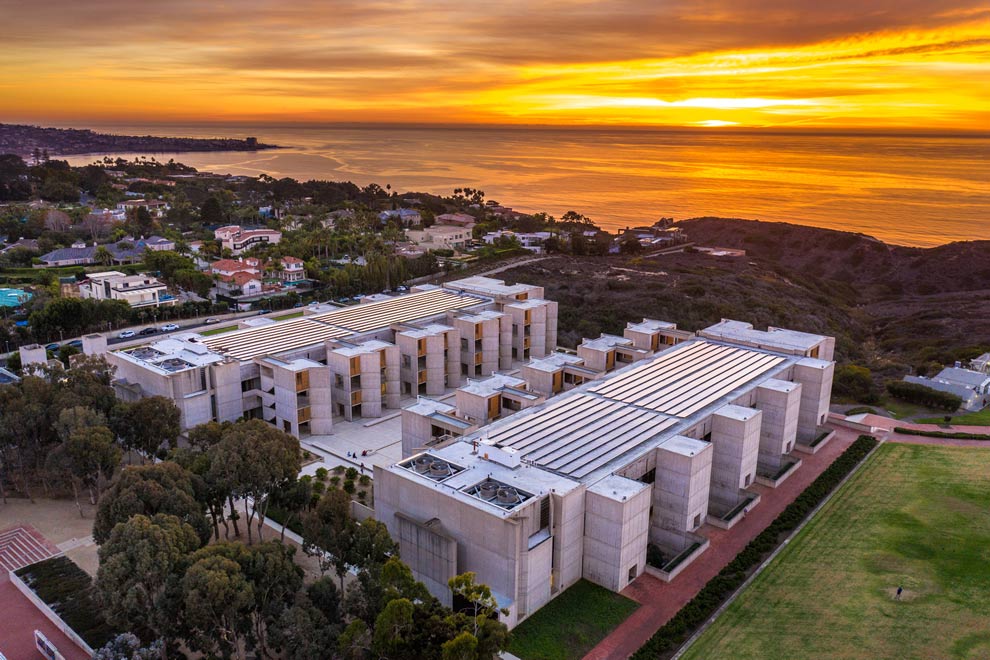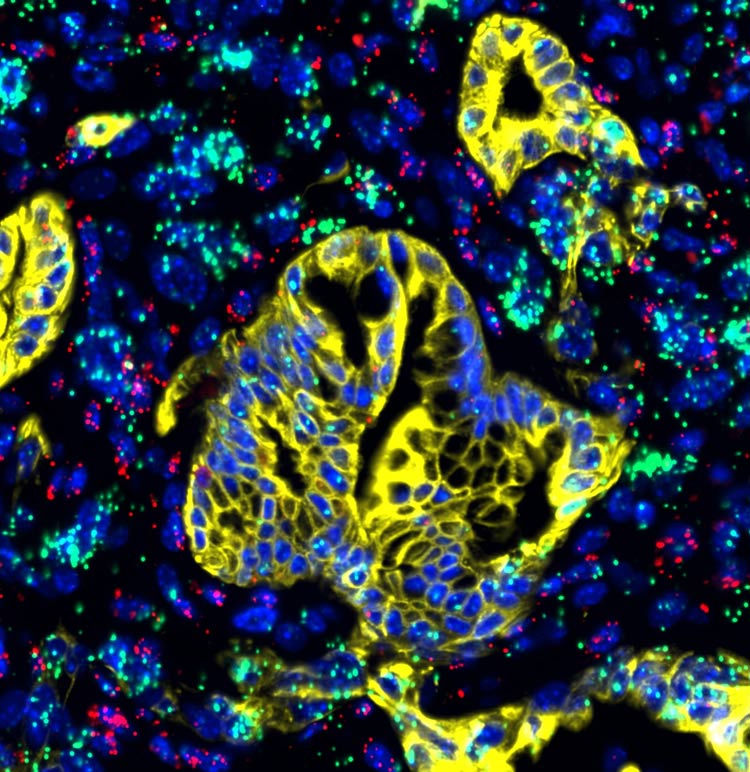


Join Salk Streaming
Watch | Listen | Discover
Join the Salk Institute's exclusive new media channel to learn more about how we are changing the world.

Sign Up for our Monthly Newsletter
Keep up to date on Salk’s latest discoveries to learn how Salk scientists are working to improve the world for the better.
Sign Up
Salk Podcast – Beyond Lab Walls
Hear from Salk’s internationally renowned and award-winning scientists as they explore the very foundations of life, and learn about new understandings in neuroscience, genetics, immunology, plant biology and more.
Learn MoreYour gift matters.

Photography Guidelines
Learn the do’s and don’ts of taking photos on Salk’s working campus.
Learn More
Salk Press Office
Access Salk Communications contacts, useful links and valuable resources, such as images, video and logos.
Learn More